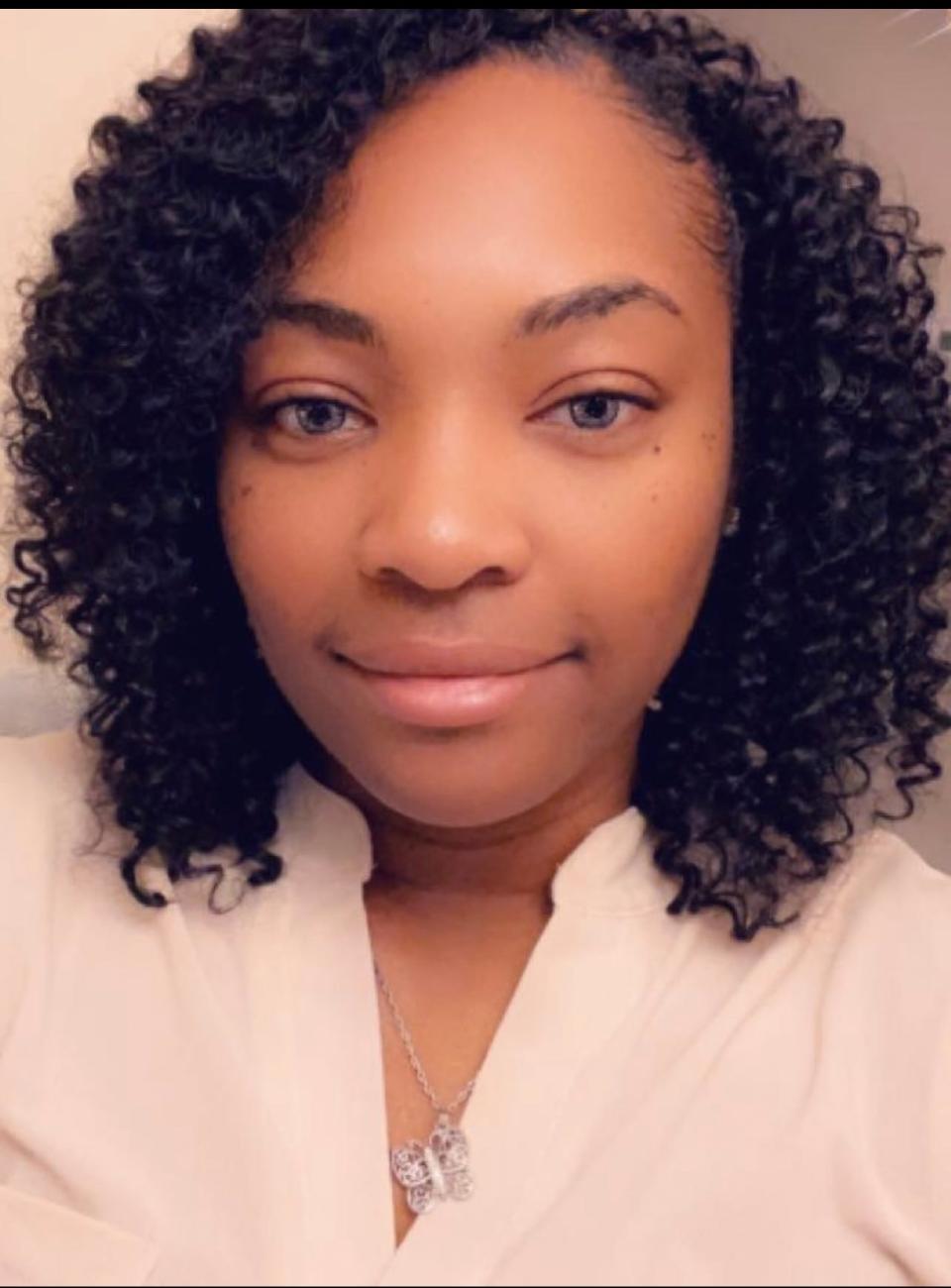Our children are lost in a violent world 'chipping away' at their mental health |Opinion
Sherry Jones is a mental health and self-care writer committed to helping people of all ages be encouraged and know that mental health is not a taboo and they are not alone. Her work focuses on targeting stereotypes about mental health, habits, and beliefs.
It is June in my city. Summer has become a time of overwhelming danger and anxiety. Death hangs as thick as the polluted clouds above our heads, and the sun’s sting is no longer welcomed. Not even a week since school has ended, the hottest days so far began with power outages and death.
More: Three killed in 12 hours, including third homicide at a city park this year
It hurts more because yet again, a child has killed another child. I worry about the mental health of the generations growing up in these times, as the adults scramble to find vaccines and medicines to cure various ailments. Find resources to feed their families and money to pay bills. Band-aid gun violence without genuinely fixing it. Our children are lost; the hopelessness hangs so heavy, that they no longer value life.
As a child, I longed for summer. In my city, a seemingly rough part of town, it never occurred to me that I could die on my daily walks to the pool or the library. I never worried about having to hide in the pool locker room while loud bangs from gunfire zipped through the air. I never felt terror and I never saw fear.
My summers are some of my most joyous memories. My childhood was filled with laughter, nights chasing fireflies and late mornings watching cartoons. I didn’t experience violence, but I walked past it daily in my neighborhood. Back then, it was a life that other people lived. It never occurred to me the damning mental health illnesses that would transcend generations later.

More: How to submit guest opinion columns to the Columbus Dispatch
I imagined the effects of these violent-lived experiences would affect generations long after I had gone. Life was good, but now I see in the faces of their children that I was a child sorely mistaken.
Now, our children are forced to grow up too soon — but fueled by what, I don’t know. Some say poverty, lack of opportunity, social media and the peer pressure of the "do it for the 'gram" mentality. Each day, a child picks up a gun and takes a life. Each moment I hear the news, I imagine a child holding a gun and pointing it at another. Is this what our world has become?
More: The Inside Story: Series reveals depth of mental health crisis among children
A child killed another child while riding a scooter downtown a few weeks ago. It is hard to imagine a 14- and 15-year-old carrying a gun on a scooter to a park, or to school, to kill another 14 and 15-year-old child. Children play in the bathroom with guns while live streaming on social media without adult supervision.
It gives me pause to wonder what the real issue is, what the real threat is? Is it the gun, is it the child, is it the upbringing, is it the government allowing it to go on? What is it that has drafted this narrative for the lives of our children?
More: Nowhere to turn: Families are overwhelmed as kids' mental health needs go unmet
I wonder about the parents. After all, that is who they will blame. The questions they must face when the police turn up at their door to put their child, their baby, in handcuffs. "Did I do the right thing, where did I go wrong, and what has happened to this child I raised?"

Everyone thinks it’s the parents’ fault, the families’ fault, the schools’ fault, the neighborhood recreation centers’ fault, and the city’s fault. The adults are busy pointing fingers at each other, and you know who is stuck in the middle of it all? The children. What will become of our children?
The mental health of a child is fragile. After all, many adults still struggle with the things that happened to them in adolescence. Children are being forced to process adult issues and some are being forced into adulthood. They are learning to be individuals glorifying being followers online. No longer is a child empowered to be a leader or to follow their path. They are increasingly becoming lost in a world we as adults know nothing about.
More: 7 in 10 parents worry about kids' mental health. Resolving the crisis is crucial. |Opinion
When was the last time you looked at these children, saw their faces, and questioned their motives? They have gained the skill of hiding what they truly feel, hiding the hurt, hiding the pain, and because the adults are busy blaming each other, the mental health of our children is chipping away.
Sherry Jones is a mental health and self-care writer committed to helping people of all ages be encouraged and know that mental health is not a taboo and they are not alone. Her work focuses on targeting stereotypes about mental health, habits, and beliefs.
This article originally appeared on The Columbus Dispatch: Opinion: What can be done to solve the child mental health crisis?

